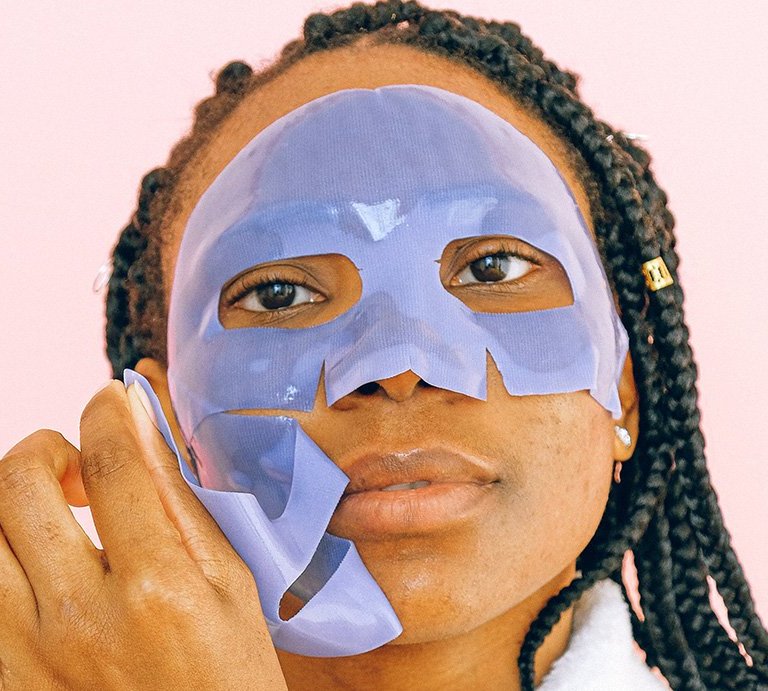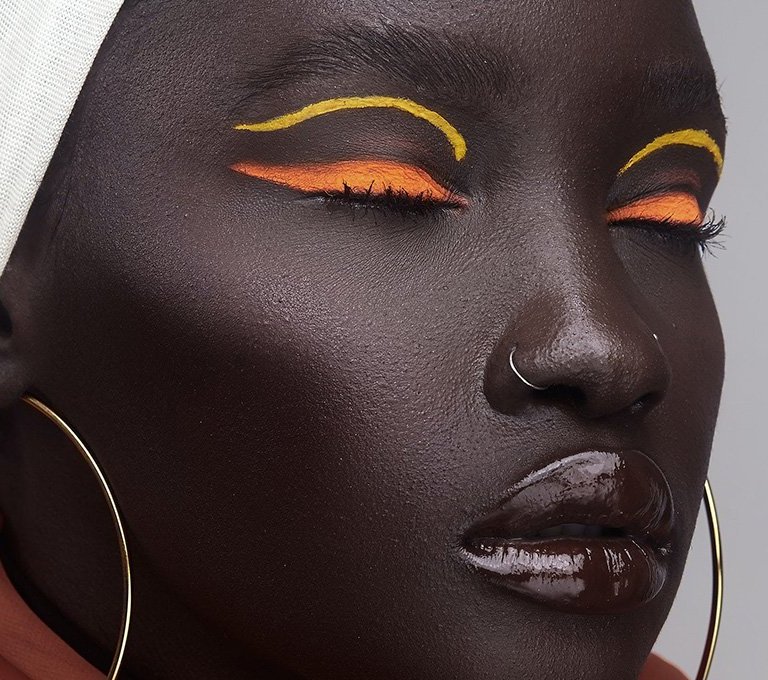
We all know there’s no fountain of youth that will turn back time when it comes to beauty. Even so, the cosmetic industry pushes a large number of products that are overhyped and come with exotic ingredients that claim to be the solution to every skin problem, including anti-aging. But, the question remains, do any of these products actually work? So, let’s discuss what causes aging and whether skincare can help to reverse it.
What Causes Aging?
Aging is caused in two ways: Exposure to the sun and the passage of time. Aging that occurs naturally over time is called chronoaging. This type of aging is associated with fine lines, thinning skin, and loss of elasticity. Aging caused by external factors like UV rays is called photoaging and leads to deeper wrinkles, sun spots, and sagging.
In the deepest layers of our skin, there are proteins such as collagen and elastin that are essential for supporting its structure and elasticity. However, after excessive and continuous exposure to UV radiation, sugar in our diet, smoke, and contamination, these proteins are the most affected and their breakdown is why skin beings to age in the first place.
WATCH NOW: Do Anti-Aging Products Worth the Hype?
Evidence-based Anti-Aging Skincare
First, it’s important to understand that no miracle face cream can reverse time. With that cleared up, we can discuss active ingredients that have been clinically tested and have some solid scientific evidence behind them.
Retinoids
Retinoids include retinoic acid, retinaldehyde, and retinol. Several clinical studies have shown that retinol is effective in reducing wrinkles when used at concentrations between 0.1% and 1%. They work by penetrating the skin and working their way into the keratinocytes and fibroblasts, which are the cells located at the upper layers of the skin. Once inside cells, retinoids bind to specific receptors as a way to “communicate” with them and initiate some cellular processes. These processes include an acceleration of cell turnover, stimulation of collagen production, and glycosaminoglycan (hyaluronic acid) deposition. As a result, retinoids help reduce the appearance of fine lines and wrinkles and achieve younger-looking skin.
Peptides
Peptides are short chains of amino acids that are the building blocks of protein. You can think of them as little messengers to skin cells, sending messages that stimulate collagen production and inhibit its breakdown. Over the years, companies have developed many peptides that are now used in cosmetics, but studies supporting their effectiveness are still unclear and sparse. Some peptides that have been shown to be effective through clinical studies are copper peptides, Matrixyl 3000, and Argereline.
Alpha-hydroxy acids (AHAs
AHAs are chemical exfoliants that work by breaking down the ‘glue’ that holds cells together at the surface of the skin, which increases the skin’s cell renewal rate and helps achieve brighter, healthier skin. They have been extensively studied and the evidence confirms their efficacy to significantly improve skin texture, increase skin thickness and reduce the appearance of wrinkles and hyperpigmentation.
So, Should We Use Anti-Aging Products?
Although these ingredients can help reduce the signs of skin aging, none of them will completely reverse the skin’s aging process. The best approach is to prevent the damage from occurring in the first place; Skincare and sunscreen can help with this.
Moreover, when it comes to preventing aging, lifestyle factors matter too! Studies have shown that a diet high in sugar and smoking tobacco are both bad for your health and can negatively impact your skin’s appearance. Ultimately, when wrinkles are pronounced, in-office procedures such as botox, laser therapy, and micro-needling treatment can provide more dramatic results in a shorter amount of time than skincare.
Have you already included anti-aging products in your skincare routine? Let us know in the comments.



